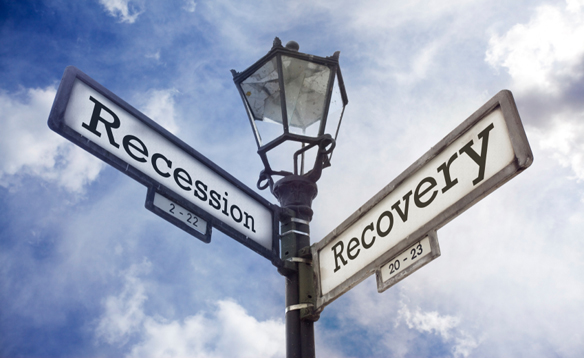REPEAL OBAMACARE (iq2us.org) from
Intelligence Squared US on
Vimeo.
Watch this debate on Bloomberg Television starting Friday, January 14th at 9PM ET.
In March 2010 President Obama signed into law the Affordable Care Act, the biggest overhaul of our health care system in decades. According to a November poll from the Kaiser Family Foundation, 40 percent of the public would like Congress to expand the new health reform law or leave it as is, while 49 percent are in favor of repealing all or parts of it. Can the new law reduce the deficit and expand coverage to millions of uninsured Americans, or, as its critics warn, will it actually increase the deficit and fail to control costs that are spiraling out of control?
Hello everyone.
Today I was watching an interesting debate related to the Obama's health care reform and it was worth watching. There is a predefined theme and there are two groups that one is favor and the other one is against and the mail goal is to try to convince the public of their position. Although there are a lot of things I could say about this debate, I would like to focus on a question asked by the audience about the government on the influence on people's behavior in relation to change eating habits.
Both of the groups weren't in favor about that question and I almost hit the computer screen. How can they say that? They were just worried about the economic issue of the health problem...
I believe that government must have the obligation to change the people behavior (for better) to improve their quality of life, through this we can prevent a lot of diseases that could happen some day! For example, if the government through the law imposed on business that junk-food enterprises encouraged people to eat a better food, if the government encouraged those business to build a better menu, on the long run I believe that the goverment would spend less on health care because the quality of life would improve and the percentage of some diseases related to bad eating habits would reduce to lower levels. Don't you think we (the entire society) are able to change things?


